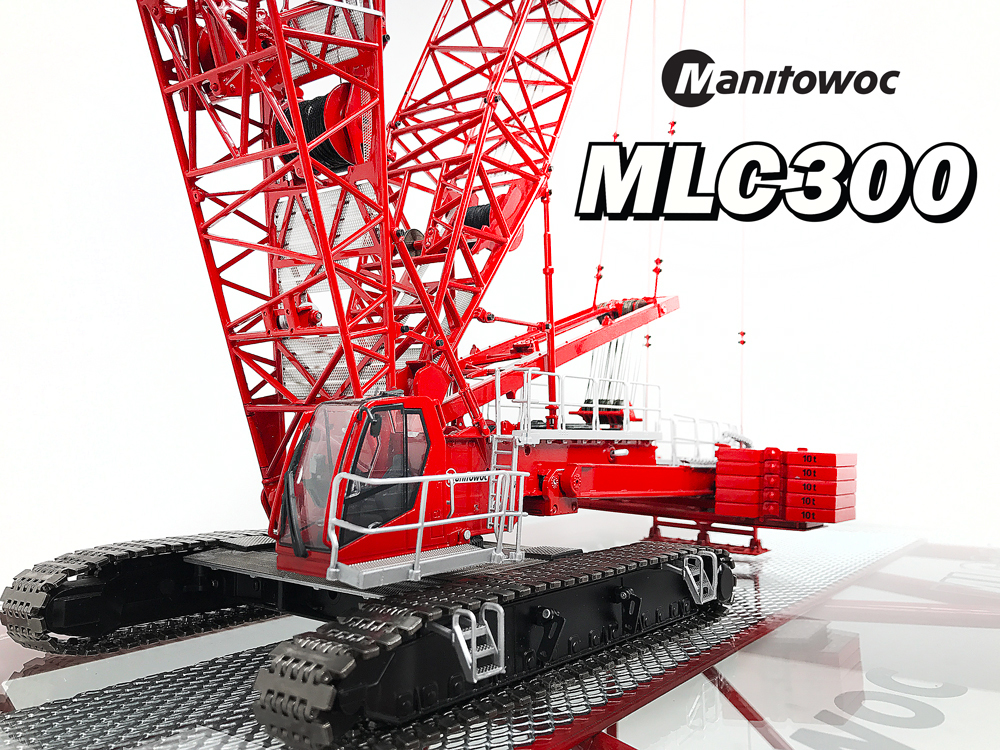This week at the SC&RA Crane & Rigging Workshop and on social media, Crane Network LLC wanted to know what you consider to be the most important issue in the crane industry? Participants who shared their email address and answered the reader survey were entered into a drawing for a Manitowoc MLC300 crawler crane model, supplied by Weiss Brothers. The winner was selected using a random contest picker.
The reader survey winner is Scott Lattanzi, Local 150 International Union of Operating Engineers. Congratulations, Scott!
Look for another great contest coming soon!
Survey Responses
Readers of Crane Network Connection come from a variety of backgrounds and have many different roles. Here are some of the highlighted responses about important issues the crane industry is currently facing.
“I think the most important thing for the crane industry should be communicating with voice radios and the requirement of cameras after a certain radius and size of crane.”
“I believe the most important issue facing the crane industry today is the regulation of operator training and certifications.”
“Maintenance per manufacturer recommended intervals. Winch hours/gear oil change out, sheaves types/greasing. Relief valve settings and winch break checks, boom pins to yolk wear. The cost associated to train employees and the time taken to perform these types of preventive measures are unrealistic to most companies.”
“Increasing capacities without compromising mobilization. This goes for all categories RTs, Crawlers, Hyd Crawlers, and ATs.”
“Axle weight restrictions in the Pacific Northwest.”
“Portable scales. They are not accurate enough, and we are getting tickets.”
“Education! More and more accidents are caused by operators going by myths that other operators had told them instead of reading the operator manual. Way to many fatalities occur simply by attempting to erect/stow the jib.”
“The inability to find trained operators, as well as the inability to find potential hires that you feel confident in training to put in the seat.”
“Definitely a lack of quality and practical apprentice training programs.”
“Attitude of the operator, lack of patience and not being familiar with many different cranes and the task at hand.”

